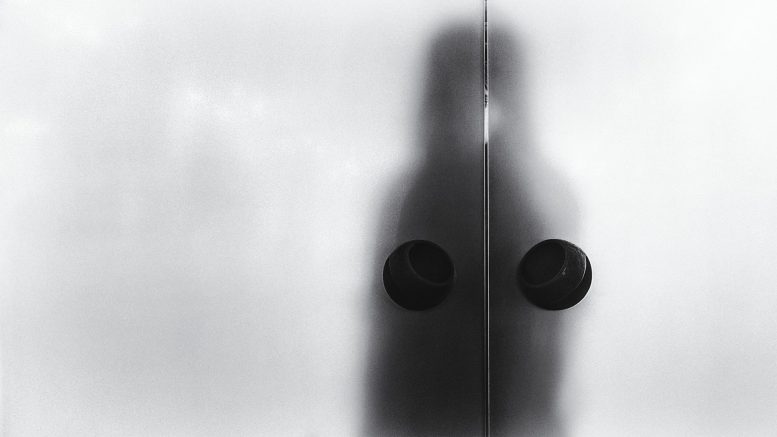Jacqueline Mendez/Contributing Writer
If Google guesses you’re between the ages of 18 and 50—aka, at your quarter-or mid-life crisis—you’ve probably been bombarded with advertisements offering enlightenment through meditation and zero-waste swaps for your nonexistent kitchen.
The artisan-spun hemp tweed tying this all together is America’s most ironic consumerist trend: Minimalism.
Headed by influencers across the Internet, this movement touts itself as the cure to the zombie-like state we enter when we scroll through and shop online. Look past the homemade laundry soap and pickling recipes, though, and you’ll be introduced to our hustling hipster overlords’ doctrines: to have less, you must buy more—with their discount code.
And it’s a shame: the adoption of Minimalism could be a legitimate renaissance for millions of Americans looking for a way out of the consumerist cycle.
As with all ideas birthed on the Internet, Minimalism has plenty of followers who, rather than interpret their own meaning from the movement, adopt the thoughts of their favorite YouTubers. The former often caves to the latter’s whims, the temptation of a shout-out too great to resist.
The result is a well-meaning idea getting swarmed by opportunists who convince you that your sins (e.g. drinking from plastic straws) can only be atoned for by purchasing their indulgences (e.g. a set of steel straws you will probably lose).
Of course, your sins are indeed sins—we’ve all seen that god-awful video of the turtle with a straw stuck up its nose—but why isn’t the solution to our consumption of plastic not just drinking from the brim of the cup? A number of people cringe at the thought, but if your concern is sanitation, why would you go to a restaurant that doesn’t clean a glass between each use? The fact is the people selling you these items, along with the companies who sponsor them, don’t care for your wellbeing. They want your money and you want atonement.
Unfortunately, Minimalism is wrought with these kinds of sentiments—from bamboo cutlery to tongue scrapers.
At the forefront of the movement are two men, aptly called “the minimalists:” Joshua Fields Millburn and Ryan Nicodemus. They’ve outlined a number of doctrines to their version of Minimalism as well as defined the movement as simply as possible. Sure, their site is an advertisement—they’re selling a film, books and Patreon memberships—but there are still enough resources to help an individual understand and adopt Minimalism for free.
The fault doesn’t lie in people making money off an idea, but in the fact that ideas are reduced to their sellable parts. No matter how important it is to challenge the status quo, we wind up perpetuating it by pursuing it under a new guise. We long for meaning in our lives that seem only to exist if pictures were taken and posted, if enough people saw and liked them. Instead of focussing on useless acquisition, Minimalism focuses on how we can utilize a few things to increase what we can contribute. In this way, Minimalism invites us to reflect on how much deeper our lives can feel if we choose to “let go of that which no longer serves us.”
And while we sit behind computer screens watching pretty people tell us our lives aren’t good enough the way they are, we’ll never accomplish this. Rather, our emotional baggage and mental clutter will accumulate.
Instead of looking to products for our validation, let’s look to ourselves and start confiding in people who aren’t selling us things we don’t need. Let’s make room in our lives for our passions, not the things we hope will manifest them. Let’s start noticing where we feel a disparity in our lives and consider who put it there. Maybe then we’ll see the value we can bring instead of the value we can consume.
Featured photo from Flickr.
DISCLAIMER:
The opinions presented within this page do not represent the views of PantherNOW Editorial Board. These views are separate from editorials and reflect individual perspectives of contributing writers and/or members of the University community.






Be the first to comment on "Minimalism Is A Consumerist Scheme"